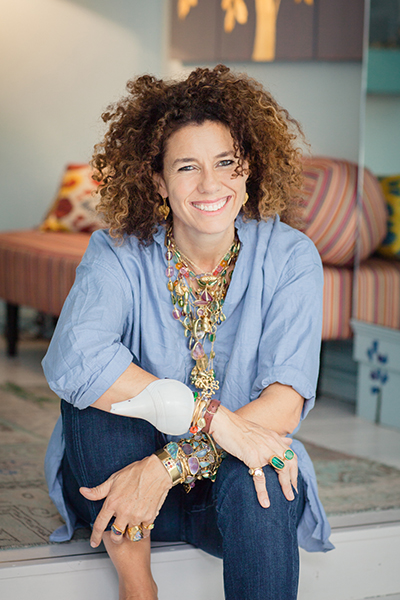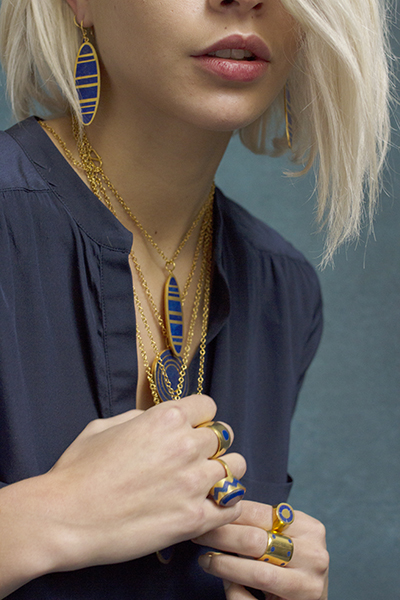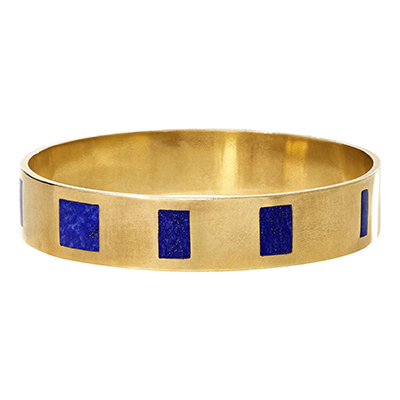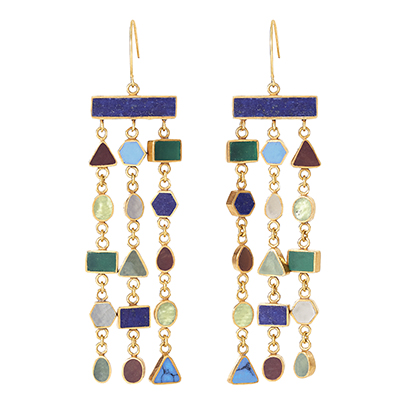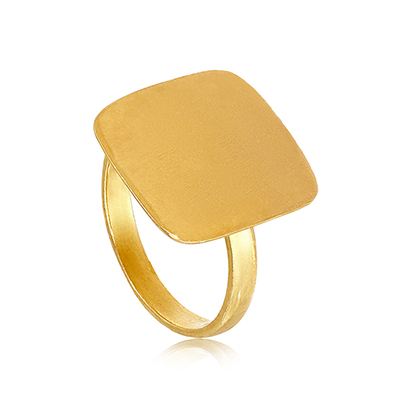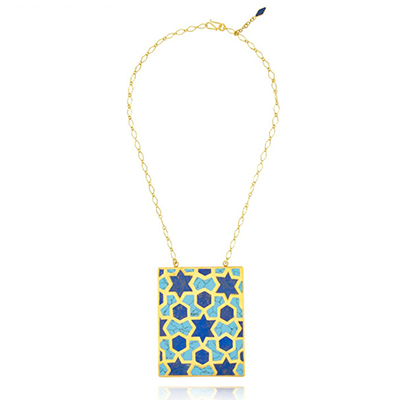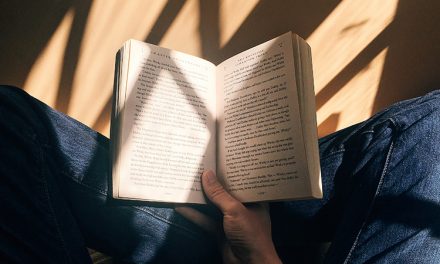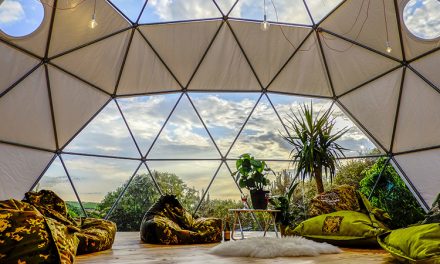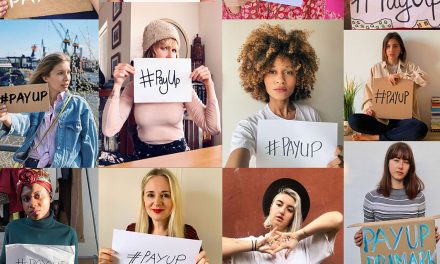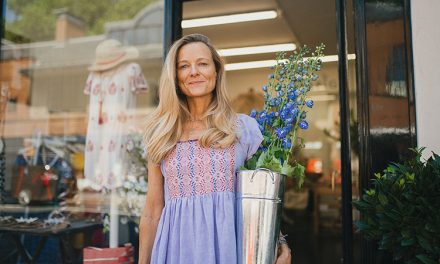The Vendeur Asks: Pippa Small
Renowned Jeweller Pippa Small is a bit of a hero for us at The Vendeur HQ. Not only is she incredibly warm and kind, she has also led an amazing life. As the designer behind her namesake brand, Pippa has created beautiful jewellery for the likes of Tom Ford and Phoebe Philo at Chloe. she has incorporated her passion for jewellery with her humanitarian work through her label Pippa Small.
2018 marks the 10th anniversary of Pippa Small’s partnership with Turquoise Mountain Afghanistan, an initiative set up by the Prince of Wales to invest in traditional Afghan craft techniques. The organisation has since extended it’s reach to Myanmar and Syria. Pippa works closely with the artisans to create her sumptuous collections. It’s not always easy, or safe. But it seems nothing will stop her determination to help the indigenous people of war torn countries to rebuild their lives and retain their crafts. We were lucky enough to catch up with Pippa to ask her about the anniversary and overcoming extreme conditions to create her pieces.
TV – Congratulations on your 10 year anniversary working with Turquoise Mountain. When the partnership first began, did you have any idea it would last this long and become as recognised as it is today? – Pippa Small I am so happy about our ten years working with the Afghan artisans. I am very proud of working with Turquoise Mountain and think the work they do with artisans in four countries now is very important and inspiring. Human creativity can overcome tragedy by providing secure, sustainable jobs and incomes. It also reinforces a sense of pride and identity, particularly for those in long term conflict areas and refugees. It is fundamentally a hopeful act, to create shows a belief in the future.
I think when I first went out to Kabul I had no idea how the project would work or for how long. Sadly the situation has continued to deteriorate in so many ways in Afghanistan. The security situation has become worse every year. It would have been wonderful to have seen the reverse but the artisans remain resolute and still find humor and faith that there will be peace one day.
I have found that I leave a part of my heart in Afghanistan. The people are so brave and face such difficulties. I am so happy that through their craft they have a voice to the outside world.
TV – You have a Masters in Medical Anthropology and a keen interest in human rights among minorities. When did you realise that you could combine this passion with your other love, jewellery? – PS – I remember having this clear idea over 20 years ago that there could be a way of uniting my two interests, indigenous rights and culture and the art of making jewellery. Seeing at that time that there was a shift in people’s interests in the provenance of things, where they came from and who made them, why and how. I was keen that if I were to work with communities on their traditional jewellery skills and help market them, we needed to tell their stories and who they are alongside this.
TV – You have previously travelled to Kabul and this year Jordan as part of Turquoise Mountain, both places that have recently experienced awful wars. What was it like to visit these countries? – PS- I have been going to Afghanistan a few times a year for ten years now, Jordan twice and Myanmar eight times – all have suffered violent histories. The Syrians, Palestinian, Iraqi and other refugees in Jordan have all witnessed and fled horrors as well as the Afghans. Myanmar has suffered its share of a violent past and still has many conflicts within its borders. The feeling of leaving home in the morning and not knowing if you will see your family again that night, the sense of such primary concerns, life and death, rights, democracy, peace. These big conversations all help put my own life into perspective and see things in different proportions. I find there is humor, humanity and acts of kindness despite so much overwhelming tragedy. Kabul is a city full of tanks, machine guns, blast walls and barbed wire. It’s hard to forget the violence at any time but there are still weddings, births and joys.
‘I have found that I leave a part of my heart in Afghanistan. The people are so brave and face such difficulties. I am so happy that through their craft they have a voice to the outside world.’
TV – What were some of the issues you had to overcome when working in these countries? – PS – The workshop has been destroyed in bombings three times and robbed numerous times. The DHL offices have been blown up so we could not ship. People’s morale suffers during particularly tense times. Women are threatened for working, but seeing their confidence grow and their ambitions and dreams come to fruition has been wonderful.
TV – Syria was once a huge centre for Goldsmithing and jewellery design, was there a lot for you to learn from the craftsmen and women there or was it more of a collaboration of skills? – PS- I think I will learn a lot from them, but the programme will also involve training and teaching the young the skills from master Syrian craftsmen to continue the traditions. I have a lot of ideas for designs that combine ancient middle eastern designs from iron age to the medieval period, to early Islamic.
‘I love studying the effects in nature on a stone, of rain, waves, wind and how these sculpt rocks. I try to emulate these soft natural feelings in my designs.’
TV- Can you talk us through your process when designing a new collection? -PS- I start with thorough research; local museums or the British Museum, books, architecture, textiles, pictures, ceramics, anywhere I can find design motifs to inspire me about a place. I also look at what people in the countries are wearing and how traditional designs are being used today. Then I begin to gather all this together and sit with the artisans and explain my vision. They will give their feelings about the ideas and input so it is a collaborative process.
TV – A lot of the pieces you design have very organic shapes and feel natural and imperfect. Is that an important aspect of the jewellery making process for you? – PS – It is my personal preference and I guess you can only design what you feel and love and want to wear or it would not come from the heart. I love the feel of ancient, worn and organic pieces. I love studying the effects in nature on a stone, of rain, waves, wind and how these sculpt rocks. I try to emulate these soft natural feelings in my designs.
TV – Do you have any tips or words of wisdom for any budding designers looking to make social enterprise part of their business model? – PS – I would love to encourage anyone to look at the benefits of social enterprise on any business. The wonders of knowing what impacts your business has and seeing imaginative ways you can include others and make positive impacts is very exciting. I think that if you have a passion for what you do and can see how it can do more you are very lucky. Do take risks and be authentic, really believe in what you are doing and then you’ll see the results.

